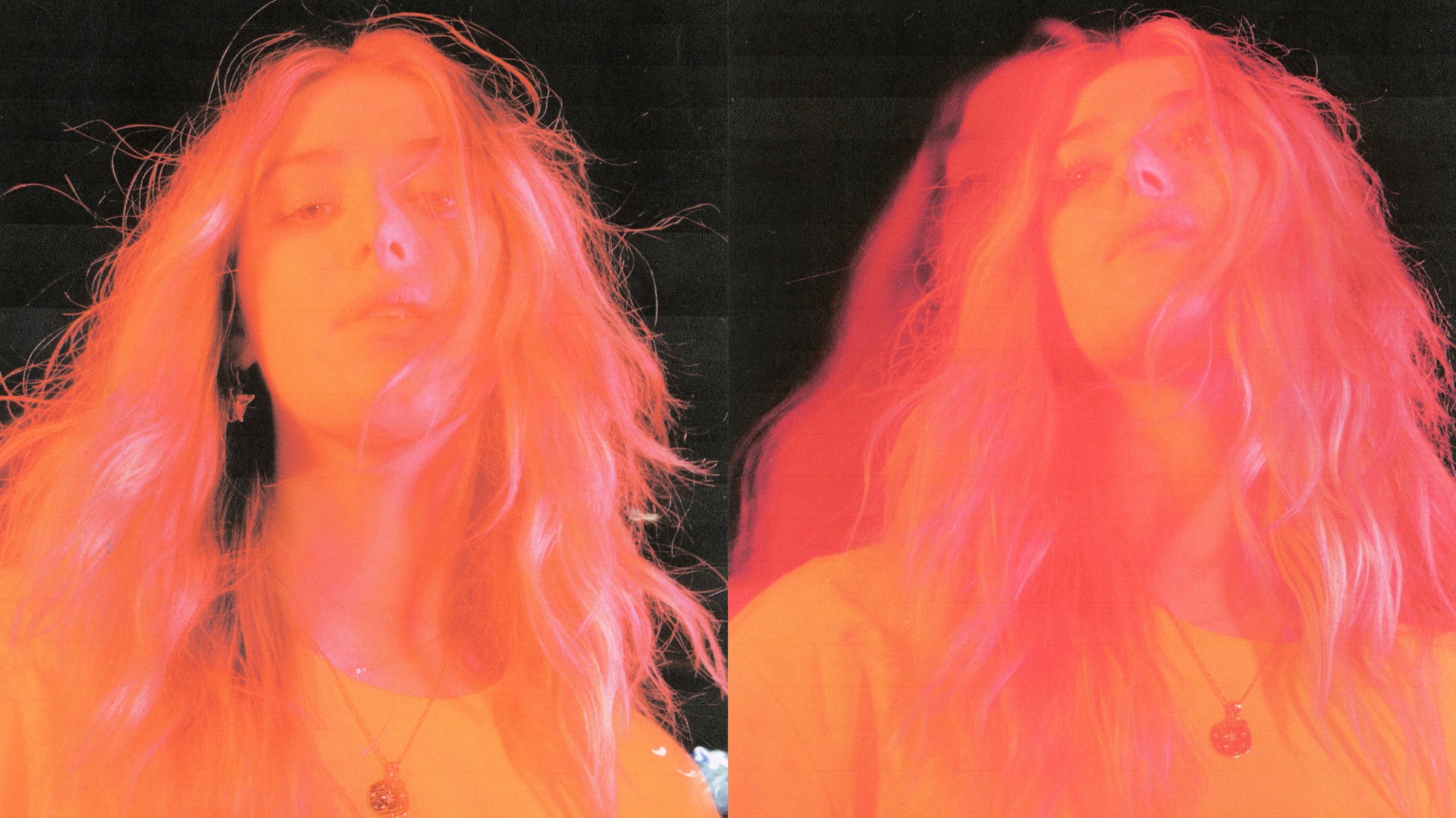In Jean-Honoré Fragonard’s painting, “The Souvenir“, a delicate young woman in a pretty pink dress admires an ‘S’ that she has carved into the side of a large tree; her genteel appearance, hinting at the preserved naivety of a privileged upbringing, contrasts starkly with its knotty, unvarnished surface.
In Joanna Hogg’s 2019 film of the same name, The Souvenir, a young woman, Julie, is introduced to this painting by an older man, Anthony. Like the tree, his tangled roots are buried below the surface and beyond Julie’s comparatively limited frame of experience.
Searching for something profound to say in response, conscious that he has shown her this painting for a reason, Julie tentatively suggests that the girl looks sad. Anthony frowns — wrong. “She looks determined,” he corrects with emphasis.
The first instalment of Joanna’s semi-autobiographical film ends in disillusionment, as Julie finally learns, too late, of the ways in which Anthony deceived her. He was, in reality, a carefully constructed imitation of a different person, masking a crippling addiction he had tried desperately to keep secret. When her mother tells Julie, during a joyful birthday party, that Anthony has overdosed on heroin in the bathroom of the Wallace collection (where Jean-Honoré Fragonard’s painting hangs), Julie shakes with silent tears, her grief muted by shock. Like a Greek tragedy, the violence in Joanna’s film invariably takes place off stage. She asks us to study the ripples in minute detail, away from the distraction of the violent splash.
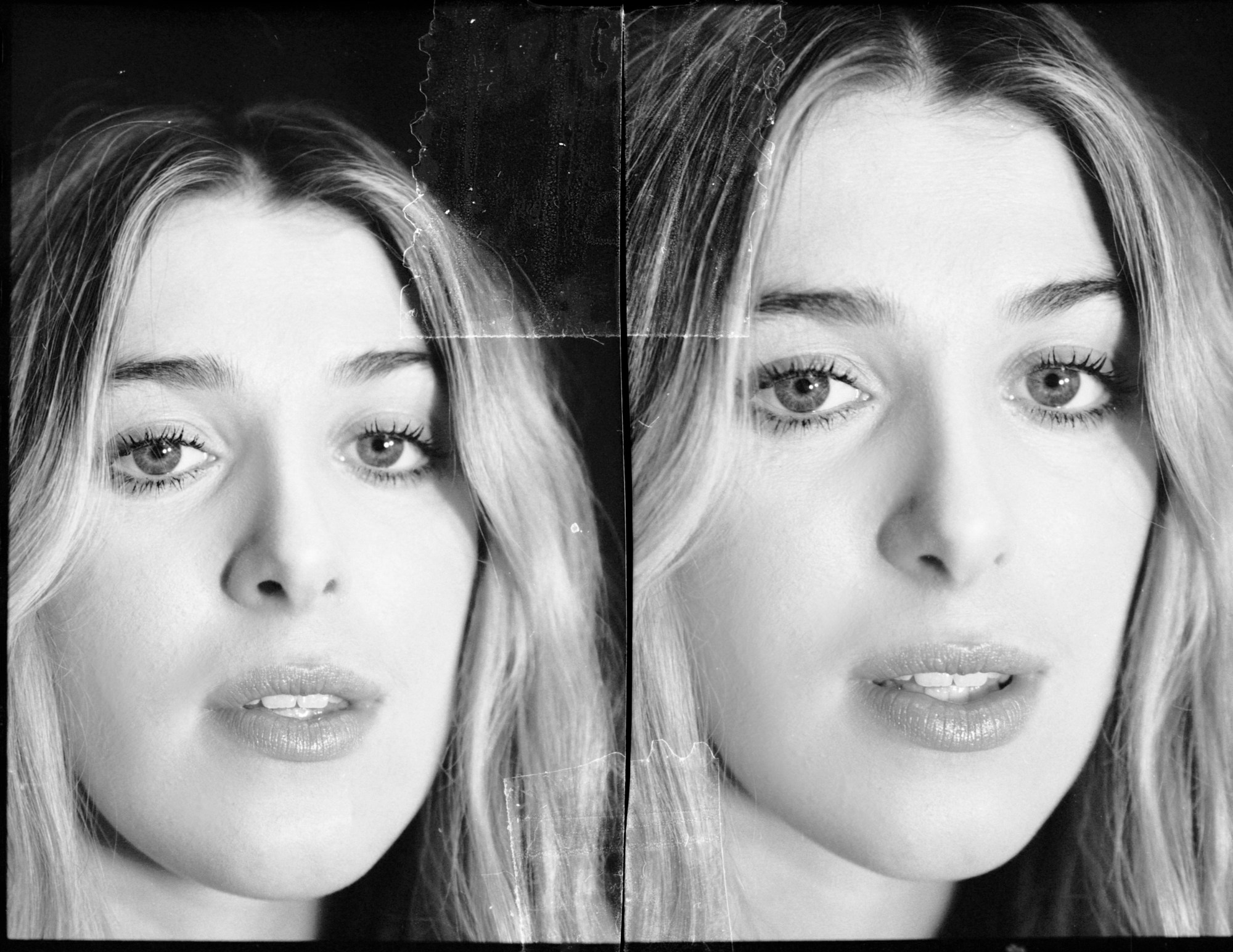
If The Souvenir was the flood, Part II is the time of rebuilding. The film picks up two days after The Souvenir left off, and we find Julie sheltering at her parents’ idyllic rural home, still reeling from the shock of Anthony’s sudden death.
As ever, Joanna’s portrait of an upper-middle-class English family’s emotional dyslexia is excruciatingly accurate, documenting the pained impotence of Julie’s parents as they watch their daughter grapple with real pain for the first time. As Julie floats through her parents’ house like a ghost, occasionally dashing to the toilet to throw up, her mother Rosalind (played by the brilliant Tilda Swinton, Honor’s mother) and father, William (played by non-actor James Spencer Ashworth), maintain a brittle cheerfulness.
From the minute we are reintroduced to Julie, it is clear that a necessary shift has taken place within her, the shock of Anthony’s death sloughing off some of the vagueness of her younger self, revealing sharper contours of identity and taste. There is a new directness and decisiveness to her ideas and in the way she dresses and styles her hair. She is becoming aware of herself as a sexual person with agency and power.
“This film is her rising from the ashes,” Honor Swinton Byrne, who plays Julie, tells me, affection colouring her voice. “I was so desperate to seek some triumph for her after the first one. To take some power back.”
After shooting wrapped on The Souvenir, Honor spent a year in Namibia as a voluntary teacher before embarking on a degree in psychology. By the time she returned to film the next instalment, two years later, she too had grown into a more detailed version of herself.
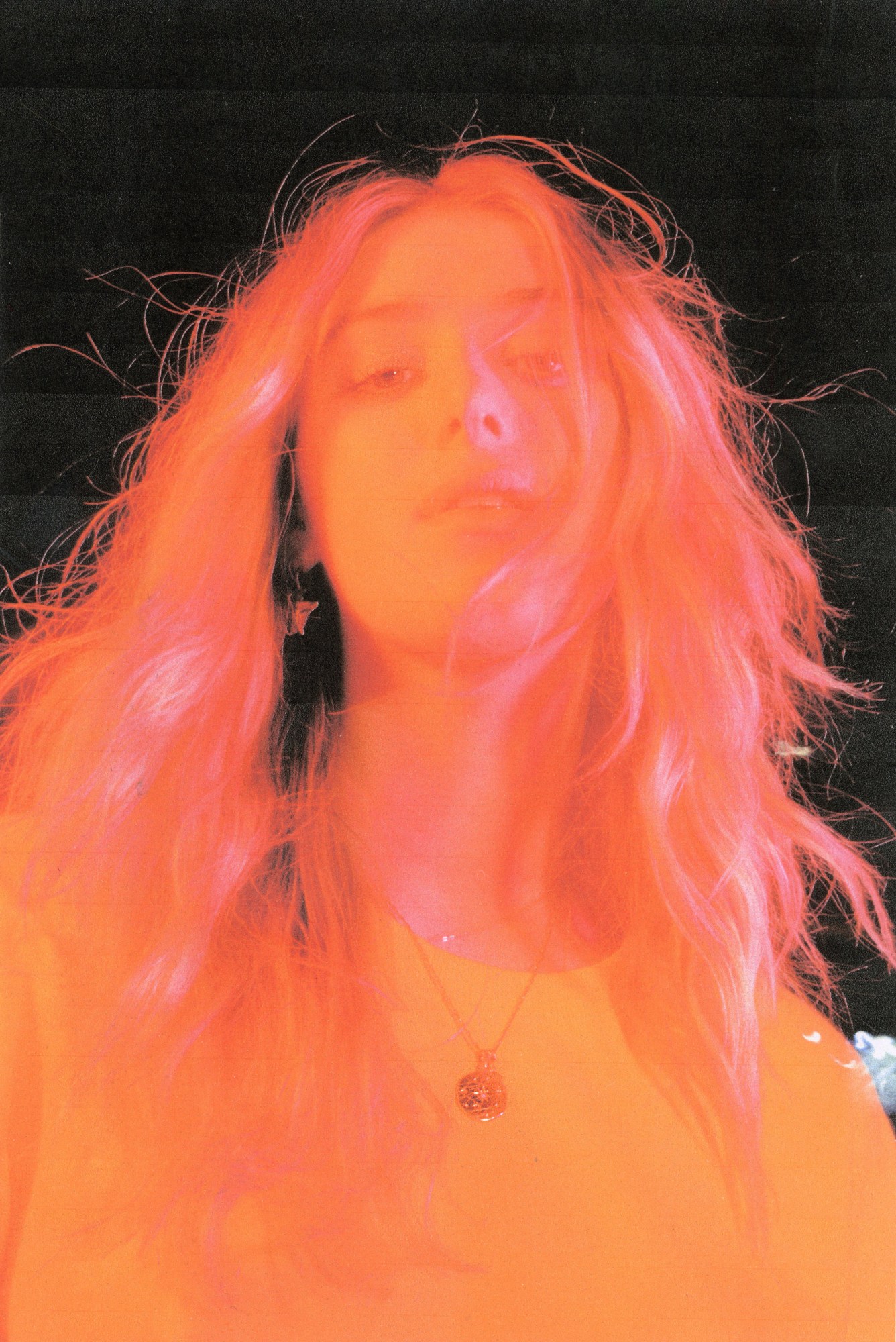
“It was funny, coming back,” she says. “I still don’t think of myself as an actress. Joanna had to adjust to how much I had changed. But she was happy to see that I had toughened up a bit because she always pictured Honor and Julie becoming more integrated in the second film, and part of that was us both growing in confidence and certainty and balls. In this one, I see much more Honor on screen.”
Honor was 19 when Joanna (her unofficial godmother) asked her, out of the blue, to play the lead in her next film, two weeks before shooting started. The director had been auditioning professional actresses for months but found them too put-together and camera-ready to convey Julie’s fumbling journey of self-creation authentically.
Joanna asked Tilda, her longtime friend and collaborator, if she knew of any young women that might fit the role. After running through a long list of children-of-friends and friends-of-friends, the pair finally addressed the elephant in the room.
In person, Honor is effervescent. She has Julie’s watchful intelligence and compassion but less of her timidity, expressing herself in breathless bursts of eloquent enthusiasm. One of the things that convinced Joanna that Honor was right for the role was her discomfort in front of the camera. She is not a selfie-taker, and carries herself with a childlike mixture of self-consciousness and exuberance.
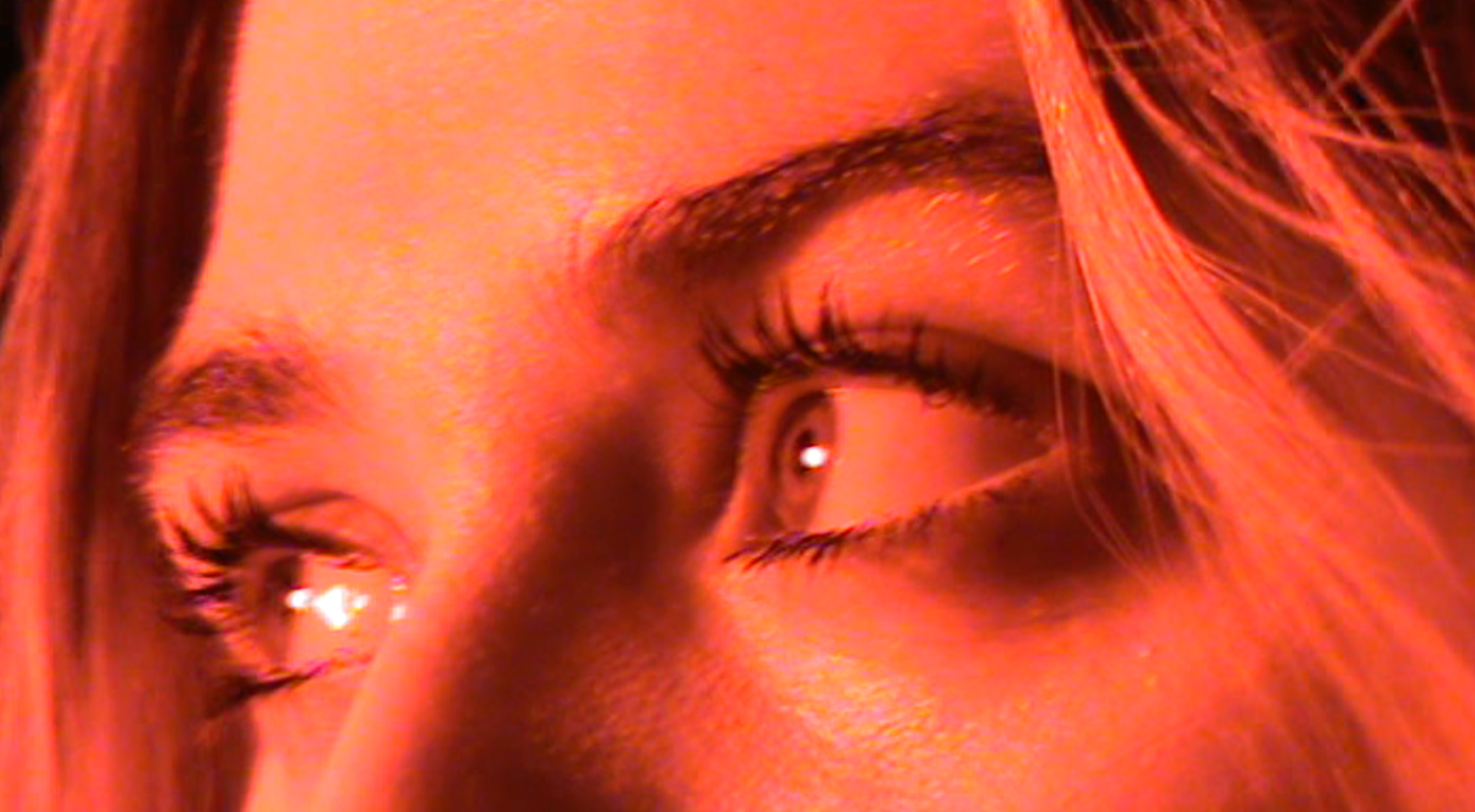
Joanna’s shooting style is deeply collaborative, eschewing traditional scripts and schedules in favour of intricately structured improvisation, allowing her actors to respond organically to events as they unfold. Joanna writes a manuscript that contains the essential elements of plot and character development but only shares it with a few of her collaborators in order to preserve the element of surprise whenever possible. There is no written dialogue.
“Not a single thing I said was written down,” Honor says, smiling. “It wasn’t terrifying, exactly, but it was tricky. You’re constantly receiving new information. It’s like someone accusing you of murder — you instinctually start to defend yourself, but then your character’s reaction would be slightly different than yours. Julie might apologise because she’s more submissive than me. Where I might slap someone, she would take a nap.”
As the lines between Honor and Julie became increasingly blurred during the filming of Part II, these small differences began to jar, stirring up old feelings in Honor. While for Joanna, this period in her life was now at a safe enough distance for her to revisit it in such minute detail, it was a heady blend of recently buried past and present for her lead actor. “It was interesting but painful to revisit those feelings of awkwardness and confusion that I had worked so hard to get away from in my own life. To regrow the backbone that I had already worked so hard to grow.”
Due to the unusual dynamics at play between Joanna and her protagonist, conversations between her and Honor often had the tenor of immersive therapy sessions. “For the first one, we had less conversation about what was happening because, in a sense, it really was. I didn’t really understand the relationship between Julie and Anthony, but that was appropriate because Julie didn’t understand it either. So I consented to not knowing what was going to happen.”

This means that when Julie finds out that Anthony has been concealing a crippling heroin addiction and potentially lying about every aspect of his life, Honor was hearing these details for the first time. Her reaction to the news of his death was raw and, in a sense, real.
Given that she’s a student of psychology, I wondered whether she had come to re-evaluate Joanna’s unique methodology in light of the concept of ‘psychological harm’, by which, in order for an experiment to be judged as ethical, participants must have the right to withdraw and give informed consent to every aspect of the experiment, limiting the potential for subsequent trauma.
She’s perceptive. “I somehow knew you were going to ask that,” Honor says, laughing. “And it’s funny because I hadn’t started studying psychology at that point. Then, when I came across that term, I did think about it. But Joanna always made it very clear that I could read the manuscript at any point. She would just prefer that I didn’t. So I said, ‘Let’s do it this way. Let me be completely raw. And then in the second one, I’ll be a little bit more in control’.”
Anthony’s death, and the revelations about his character, mark the end of Julie’s innocence and, by extension, Honor’s too. It made sense, therefore, for the pair to have more candid conversations about Julie’s feelings and decisions as they moved through that aftermath together.
“It was so therapeutic to say: ok, she’s gonna go through these seven, or however many, stages of grief, she’s going to try to make a film, she’s going to be angry with her parents, she’s going to experience weird adjustments to being by herself, a need to be in a bed with somebody but also the desire to be alone because she wants to be independent. Deeply relatable things.”
Although Honor had grown up with the director as a familiar presence, translating that closeness into a depiction of a younger version of Joanna as she manoeuvres through grief, longing and self-realisation must have had its complexities. “She was so open with me,” Honor says. “Always answered all of my crazy, intrusive questions. There was never a point that was too far.”
Whilst Part II is about overcoming grief, it is more about an artist finding her voice. Anthony’s death has finally given Julie the thing that was eluding her: something to say. To her film school tutors’ dismay, she abandons the study of working-class life in Sunderland that she had initially proposed, in favour of a surrealist study of her relationship with Anthony.
The board struggle to see the artistic merit in a self-indulgent fantasia about a young woman’s feelings and warn her that they will withdraw their support for her film if she goes ahead with it. But Julie’s new steeliness enables her to dismiss their concerns and forge ahead with her new vision. Where, before, she felt the need to mine another place and community for their pain in order to fulfil the demands of the zeitgeist for ‘gritty’ kitchen sink dramas, now she feels emboldened to make something that is authentic to her.
Honor sighs, exasperated: “We all know, to some extent, what it’s like to express your vision for something to a group of people, only for it to get pissed on. But I think it’s quite rare to see such a realistic and raw simulation of life on screen.”
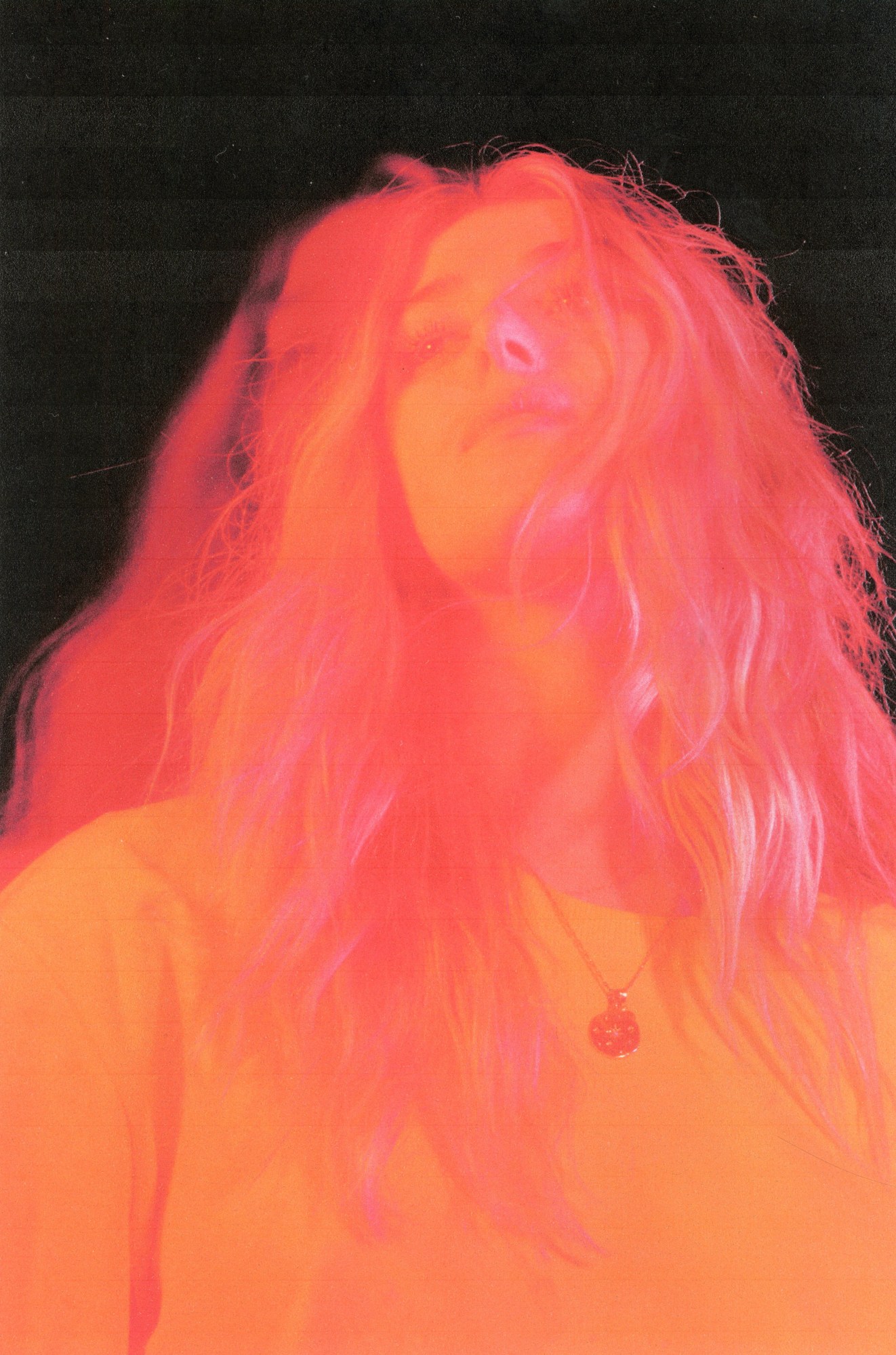
Joanna’s portrayal of her younger self is affectionate but unsparing. She is meticulous in documenting Julie’s more immature qualities, such as financial dependence on her parents. At times, Honor felt the need to defend Julie from her own creator. “There were so many moments where I felt the need to protect her, even from Joanna. Because she would say, ‘You know, she was very naive, or I didn’t know anything about this’. And I would say, ‘But we all were! It’s completely natural, and you had to stumble. It was the making of you, and that’s a wonderful thing’. She can be very hard on herself. As can I. So I think we defended each other.”
Through Julie (and Joanna’s) unflinching willingness to examine themselves, imperfect and half-formed, they are creating themselves in a far bolder and more terrifying way than artists like Patrick (a preening director played by Richard Ayoade), with his lyrical but impersonal film. When he challenges Julie to respond to it, all she can think of to say is that it “excites” her, which Patrick dismisses as derivative, recalling Anthony’s response to her thought about Jean-Honoré Fragonard’s painting. In both instances, Julie perceives this as a failure on her part to put adequate words to an artist’s genius. But in fact, it is Patrick’s failure to produce an authentic work and Anthony’s failure to hear Julie that are to blame.
By the end of The Souvenir‘s second part, the lines between reality and fiction, memory and creation, have been thoroughly blurred. The fourth wall has melted, allowing shards of sunlight to burst through, mingling with the glare of a tungsten lamp.
“Finishing Part II was so cathartic,” Honor adds. “I think it was just such a relief to see her be strong. It was like breathing out.”
‘The Souvenir Part II’ is in cinemas now
Credits
Photography Lewis Vorn
